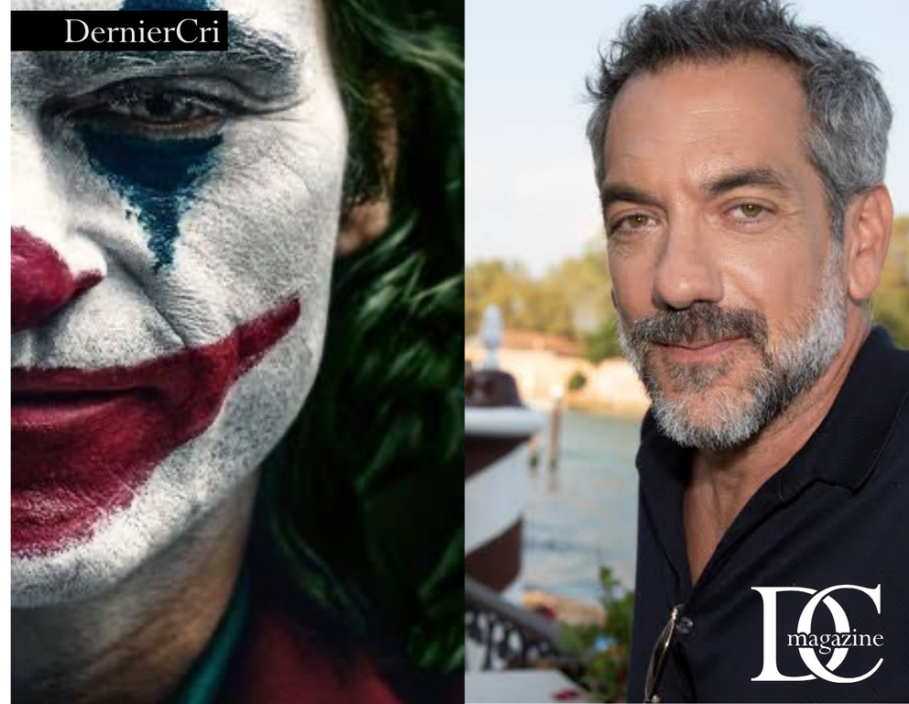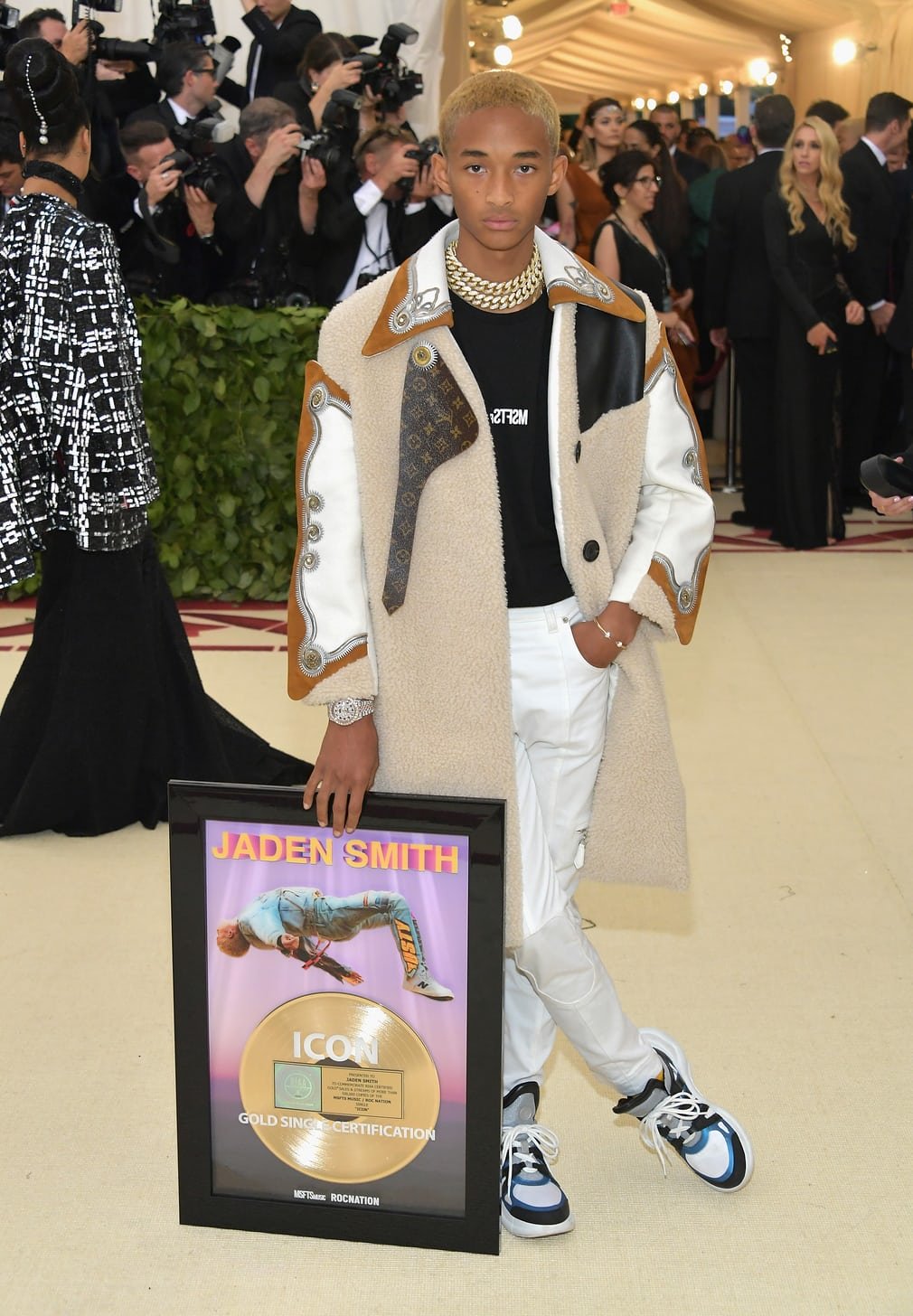Todd Phillips Protests, Infact Voiced Against Long Pre-Movie Commercials in Theaters Backing His Points Up For With Facts And Notions.
Todd Phillips, the visionary director behind Joker and The Hangover, is used to creating chaos on screen. But recently, he’s taken his fight off-set, targeting an unlikely but increasingly less talked about antagonist which is the movie theater ad. Phillips has spoken out about the overwhelming pre-show ads and commercials that now dominate theater experiences, adding 20, sometimes 30 minutes, to a screening before the feature even begins. For him and evidently for many moviegoers it’s become too much, raising the question: why has a night at the movies turned into an ad marathon?
When Phillips made his stance public, it struck a chord with fans, who have grown weary of the lengthy pre-film rituals at theaters. Social media quickly ignited, with audiences across generations voicing their own frustrations. And while ads have always played a part in the moviegoing experience, the director’s critique has highlighted a newer trend. What once was a few previews and a catchy jingle urging viewers to silence their phones has turned into an elaborate lineup of brand commercials, flashy trailers, and even sponsored mini-documentaries. With more entertainment available on-demand and ad-free, the situation has left many wondering why theaters seem to be testing the patience of an already thinning audience.
“I grew up with the magic of walking into a theater, the lights dimming, and being swept up in the experience,” Phillips said in a recent interview. “Now, it feels like audiences have to sit through a second act of commercials before they even get to the film.” For the director, who’s dedicated his career to telling stories that captivate and challenge audiences, this barrage of ads feels like an intrusion on cinema itself. Joker, his most acclaimed work, was a cinematic homage to Scorsese and gritty realism, designed to immerse viewers deeply. But that kind of immersion is undermined, Phillips argues, by half an hour of ad interruptions.
In a world where streaming platforms offer audiences the option to skip ads or pay for uninterrupted content, theaters risk alienating people with this antiquated approach. Movie tickets are already a premium expense, especially as concessions prices rise. For many, shelling out for a ticket, only to sit through ads for soda brands, mobile games, and local businesses, feels like a betrayal of what the theater experience should be. It’s a sentiment echoed by film purists and casual fans alike: the cinema should be a sanctuary, not another advertising space.
Yet the root of the problem is complicated. While Phillips’ critique has resonated with many, theater chains argue that ad revenue is essential for survival. After struggling through the COVID-19 pandemic, many cinemas are still in recovery mode. With attendance not yet back to pre-pandemic levels, ads provide critical income that allows theaters to keep prices manageable. And yet, with streaming services now standard, some worry that if theaters can’t find a balance, they may only push more people to stay home.
The timing of Phillips’ commentary is potent. Hollywood is facing an era of transformation, with studios reevaluating theatrical releases, experimenting with shorter windows before movies hit streaming, and looking to reinvent the cinematic experience. Directors like Phillips, who’ve committed to releasing their films exclusively in theaters, are inadvertently pitted against an industry trying to keep up with digital entertainment. While they champion the purity of the big screen experience, theaters struggle to balance tradition with economic survival.
In an age where audiences are acutely aware of how they spend their time and money, Phillips’ critique taps into a broader desire for intentional experiences. People go to theaters to lose themselves in storytelling, to be transported away from the ordinary distractions of everyday life. “We owe it to our audiences to protect the moviegoing experience,” Phillips says, encapsulating the core of his stance. “It’s more than just entertainment—it’s an art form.”
So, will Todd Phillips’ push for less ad-heavy screenings gain traction? Only time will tell. But as theaters try to recapture the magic of the movies, they may find themselves needing to take cues from their audiences—and from the filmmakers who create the very works they’re trying to celebrate. If the goal is to make going to the movies feel like an event again, removing the ad onslaught may be a step in the right direction.




